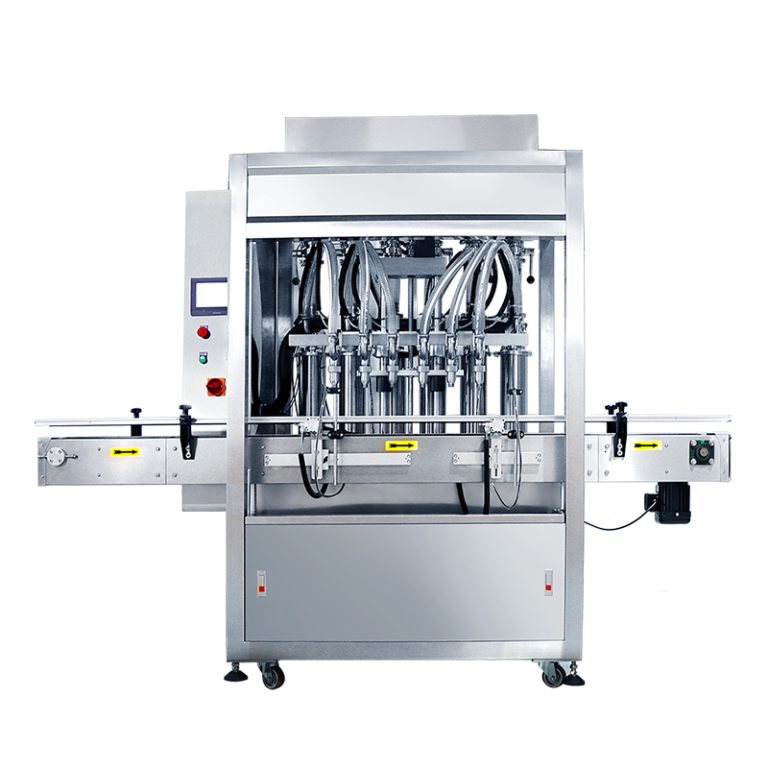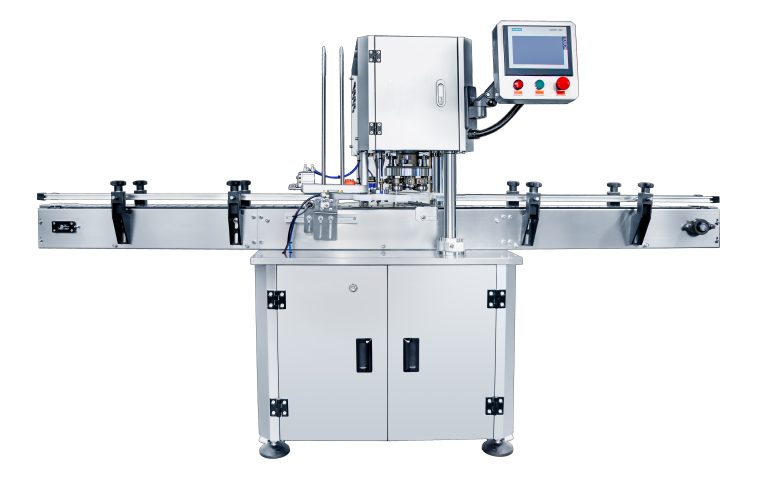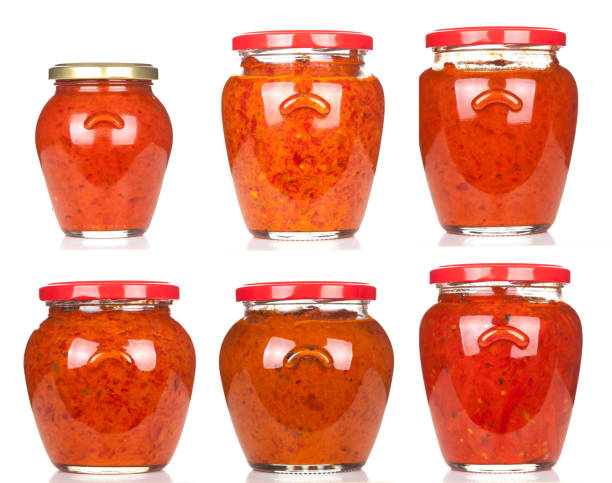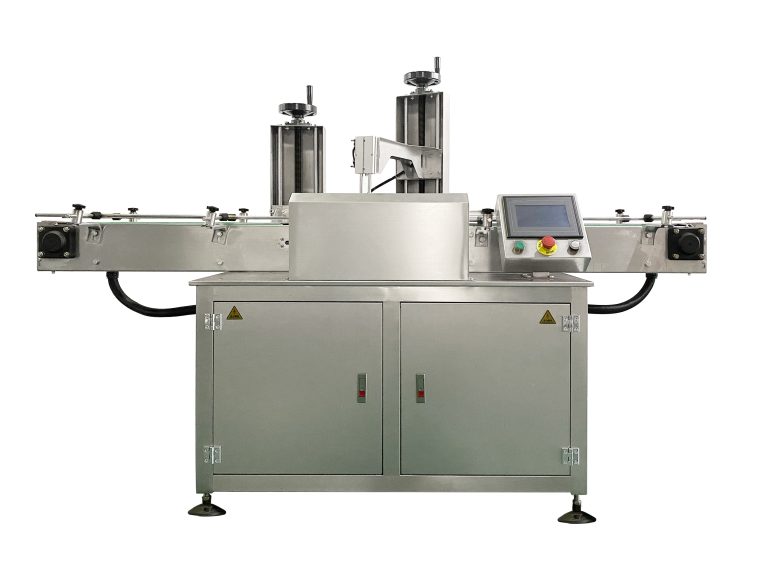Table of Contents
Evolution of Canning Techniques
Canned foods have become a staple in many households around the world, providing convenience and long-lasting shelf stability. But have you ever wondered about the history of canned foods and how they came to be? In this article, we will explore the evolution of canning techniques and how they have shaped the way we preserve and consume food.
The history of canned foods dates back to the early 19th century when Napoleon Bonaparte offered a cash prize to anyone who could come up with a method of preserving food for his army. This led to the invention of canning by French chef Nicolas Appert, who discovered that sealing food in airtight containers and heating them could prevent spoilage. This breakthrough revolutionized the way food was preserved and transported, leading to the widespread adoption of canned foods.
The early canning process involved sealing food in glass jars and then heating them in boiling water. However, this method was not without its challenges, as the glass jars were prone to breakage and the sealing process was time-consuming. It wasn’t until the mid-19th century that the modern canning process was developed, using tin-plated steel cans and a more efficient sealing method.
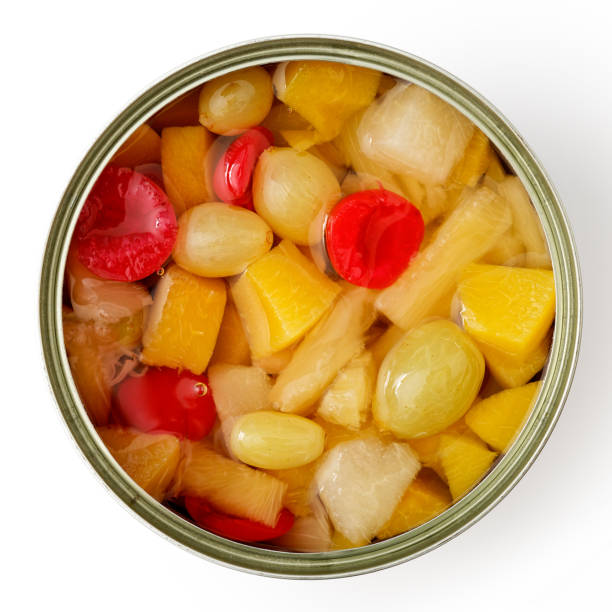
One of the key advancements in canning technology was the invention of the can opener by Ezra Warner in 1858. This simple yet ingenious device made it easier to open cans and paved the way for the widespread adoption of canned foods. As canning technology continued to evolve, manufacturers began to experiment with different types of containers and sealing methods, leading to the development of the modern canning industry.
In the early 20th century, the development of the double-seam canning process revolutionized the industry by creating a more secure seal that prevented leaks and spoilage. This innovation made canned foods even more popular among consumers, as they could now trust that their food would remain fresh and safe to eat.
Today, canning technology has continued to evolve, with the introduction of new materials and processes that improve the quality and shelf life of canned foods. Modern canning techniques use a combination of heat, pressure, and vacuum sealing to ensure that food is safely preserved without the need for added preservatives or chemicals.
One of the key benefits of canned foods is their long shelf life, which allows consumers to stock up on their favorite foods and have them available whenever they need them. Canned foods are also convenient and easy to prepare, making them a popular choice for busy families and individuals on the go.
In conclusion, the history of canned foods is a fascinating journey that has seen the evolution of canning techniques from simple glass jars to modern steel cans. The invention of canning by Nicolas Appert revolutionized the way we preserve and consume food, leading to the development of the modern canning industry. Today, canned foods continue to be a popular choice for consumers around the world, thanks to their convenience, long shelf life, and safety.
Impact of Canned Foods on Society
Canned foods have been a staple in households around the world for decades, providing convenience and long-lasting shelf stability. The history of canned foods dates back to the early 19th century when Napoleon Bonaparte offered a cash prize to anyone who could develop a method of preserving food for his army. This led to the invention of the canning process by Frenchman Nicolas Appert in 1809.
The impact of canned foods on society has been significant, revolutionizing the way people eat and store food. Canned foods made it possible for people to have access to a wide variety of foods year-round, regardless of the season. This was especially important in the past when fresh produce was not as readily available as it is today.
One of the key benefits of canned foods is their long shelf life. Canned foods can last for years without spoiling, making them ideal for emergency situations or for people who live in remote areas where fresh food is not easily accessible. This has helped to alleviate food shortages in times of crisis and has made it easier for people to stock up on essential items.
Canned foods also played a crucial role in wartime efforts, providing soldiers with nutritious meals that could be easily transported and stored. During World War II, canned foods were a staple in military rations, ensuring that soldiers had access to the nutrients they needed to stay healthy and strong.
In addition to their practical benefits, canned foods have also had a significant impact on the economy. The canning industry has created jobs and stimulated economic growth in many regions around the world. Canning facilities employ thousands of workers and contribute to the local economy by purchasing raw materials and distributing finished products.
Despite their many advantages, canned foods have also faced criticism over the years. Some people argue that canned foods are less nutritious than fresh foods, as the canning process can lead to a loss of vitamins and minerals. However, modern canning techniques have improved significantly, allowing for the preservation of nutrients and the production of high-quality canned foods.
Another concern raised about canned foods is the potential for exposure to harmful chemicals such as bisphenol A (BPA), which is used in the lining of some cans. While BPA has been linked to health issues, many manufacturers have started producing BPA-free cans to address these concerns.
Overall, the impact of canned foods on society has been largely positive. They have provided people with a convenient and affordable way to access a wide variety of foods, while also playing a crucial role in emergency preparedness and wartime efforts. As technology continues to advance, the canning industry will likely evolve to meet the changing needs and preferences of consumers. Whether you’re stocking up for a camping trip or preparing for a natural disaster, canned foods will continue to be a reliable and convenient option for people around the world.
Famous Canned Food Brands Throughout History
Canned foods have been a staple in households around the world for decades, providing convenience and long-lasting shelf stability. The history of canned foods dates back to the early 19th century when Napoleon Bonaparte offered a cash prize to anyone who could develop a method of preserving food for his army. This led to the invention of the canning process by Frenchman Nicolas Appert in 1809.
One of the most famous canned food brands throughout history is Campbell’s Soup. Founded in 1869 by Joseph Campbell and Abraham Anderson, Campbell’s Soup quickly became a household name with its iconic red and white cans. The company revolutionized the canned food industry by introducing a wide variety of soup flavors and expanding its product line to include other canned goods such as vegetables and sauces.
Another well-known canned food brand is Spam, which was introduced by Hormel Foods Corporation in 1937. Spam gained popularity during World War II when it was included in military rations due to its long shelf life and high protein content. Today, Spam is enjoyed by people all over the world and has become a cultural icon in countries like Hawaii and South Korea.
Libby’s is another famous canned food brand that has been around since the late 19th century. Founded in 1868 by Archibald McNeill and William Libby, Libby’s is known for its canned fruits and vegetables, particularly its canned pumpkin which is a staple ingredient in holiday dishes like pumpkin pie. Libby’s has continued to innovate over the years, introducing new products and expanding its distribution to reach a global audience.
One of the oldest canned food brands still in existence today is Heinz, which was founded in 1869 by Henry J. Heinz. Heinz is best known for its ketchup, but the company also produces a wide range of canned goods including baked beans, soups, and pasta sauces. Heinz has a long history of quality and innovation, making it a trusted brand in households around the world.
In recent years, newer canned food brands have emerged to meet the changing tastes and dietary preferences of consumers. Brands like Amy’s Kitchen and Eden Foods offer organic and natural canned goods that cater to health-conscious consumers. These brands focus on using high-quality ingredients and sustainable practices to produce canned foods that are both delicious and nutritious.
Despite the rise of fresh and frozen foods in the modern era, canned foods continue to be a popular choice for many consumers due to their convenience, affordability, and long shelf life. Famous canned food brands like Campbell’s Soup, Spam, Libby’s, and Heinz have stood the test of time and continue to be household names around the world. As new brands enter the market with innovative products and sustainable practices, the canned food industry remains a vibrant and essential part of the global food supply chain.

